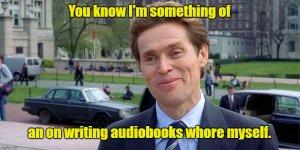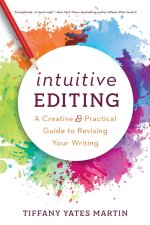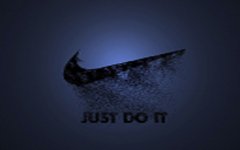Paul_Chance
The Watcher
- Joined
- Dec 23, 2011
- Posts
- 21,436
So, I was reading on the internet this morning and I ran across an article that asked the question - what's the best piece of writing advice you've ever received?
The article had a piece of advice I'd never heard but resonated with me.
Write for yourself and edit for your audience.
Writing for yourself allows you to unleash your creativity. Editing for your audience means crafting the finished draft in such a way that it hits your audience Goldilocks zone.
I thought that was a pretty good piece of advice.
What is the best advice you've ever encountered?
The article had a piece of advice I'd never heard but resonated with me.
Write for yourself and edit for your audience.
Writing for yourself allows you to unleash your creativity. Editing for your audience means crafting the finished draft in such a way that it hits your audience Goldilocks zone.
I thought that was a pretty good piece of advice.
What is the best advice you've ever encountered?


